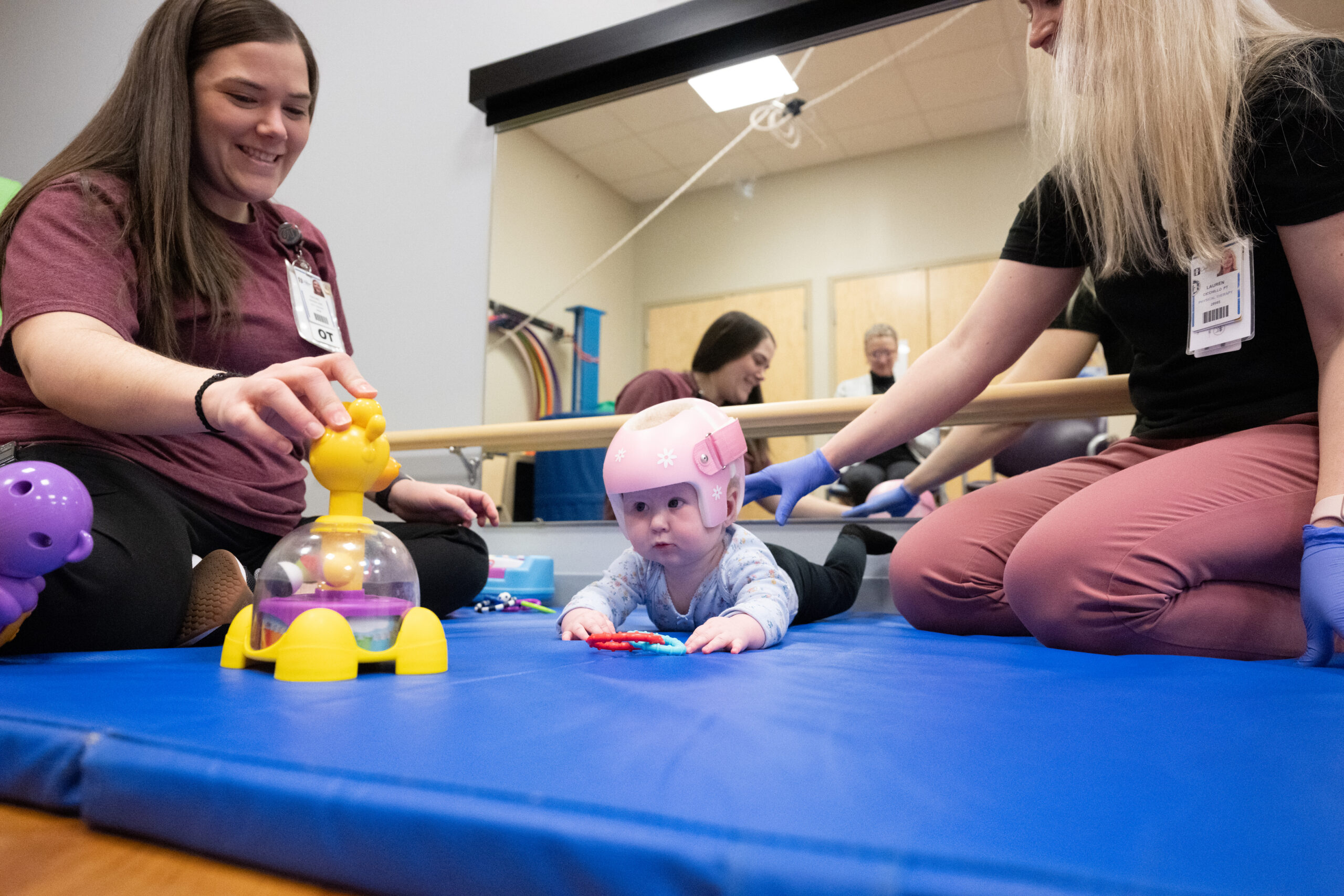
Image Source Goolge
Prader-Willi Syndrome (PWS) is a complex genetic disorder that affects many aspects of a person's life. While some symptoms of PWS are well-known, there are clinical features of Prader-Willi syndrome that can also significantly impact the lives of those with this condition. Understanding these lesser-known symptoms is crucial for providing comprehensive care and support to individuals with PWS.
The Importance of Recognizing Lesser-Known Symptoms of Prader-Willi Syndrome
1. Behavioral Challenges
- Individuals with PWS may exhibit behavioral challenges that can be difficult to manage.
- These behaviors can include stubbornness, impulsivity, aggression, and obsessive-compulsive tendencies.
- Behavioral interventions and a structured environment can help individuals with PWS manage these challenges.
2. Psychiatric Symptoms
- Depression and anxiety are common psychiatric symptoms in individuals with PWS.
- Due to communication difficulties, these symptoms may go unrecognized or untreated.
- Regular mental health assessments and therapy can help address psychiatric symptoms in individuals with PWS.
Addressing Lesser-Known Symptoms of Prader-Willi Syndrome
1. Multidisciplinary Approach
- It is essential to take a multidisciplinary approach to managing PWS, involving healthcare professionals from various fields.
- A team consisting of physicians, therapists, dietitians, and mental health professionals can provide comprehensive care for individuals with PWS.
2. Individualized Care Plans
- Each individual with PWS is unique, and their care plan should be tailored to their specific needs and symptoms.
- Regular assessments and adjustments to the care plan are essential to address evolving symptoms and challenges.
Research and Awareness
1. Research Efforts
- Ongoing research is crucial for expanding our knowledge of PWS and developing new treatments for the condition.
- Research studies focusing on lesser-known symptoms of PWS can help improve the quality of life for individuals with this syndrome.
2. Raising Awareness
- Increasing awareness of the lesser-known symptoms of PWS is essential for early detection and intervention.
- Educating healthcare professionals, caregivers, and the general public about these symptoms can lead to better outcomes for individuals with PWS.
Conclusion
Prader-Willi Syndrome is a complex condition that presents a range of symptoms, both well-known and lesser-known. By recognizing and addressing the lesser-known symptoms of PWS, we can provide more effective care and support to individuals living with this syndrome. Through a multidisciplinary approach, individualized care plans, research efforts, and increased awareness, we can better understand and manage the silent struggle of Prader-Willi Syndrome.
